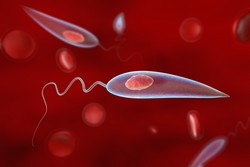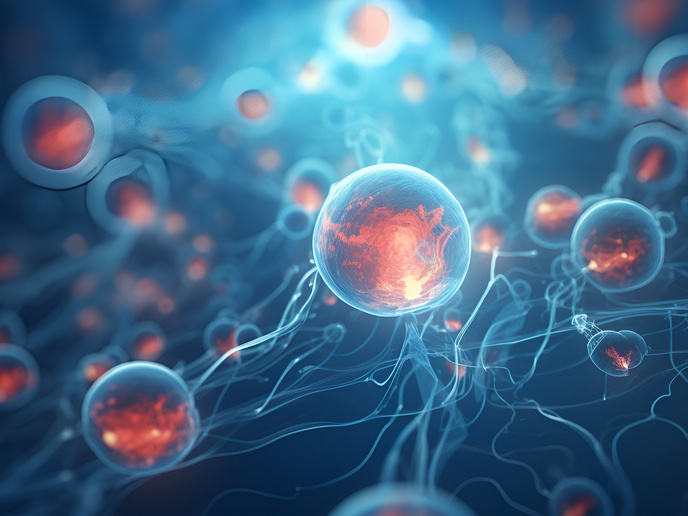European network on parasite research
Parasitic infections take a particularly heavy toll on the poor, posing a big problem in tropical and subtropical regions of the world. Typically associated with poor communities in low-income countries, these diseases include malaria, trypanosomiasis and leishmaniasis. Treatments currently available are limited by severe side-effects, development of drug resistance or high costs. The EU-funded project PARAMET (A systematic analysis of parasite metabolism - From metabolism to intervention) created a training network of researchers by bringing together excellence from academic institutions and the pharmaceutical industry. The aim was to foster research in the area of drug discovery against parasitic diseases. Research work was organised into four parts that covered various main aspects of the drug discovery process. The first part included identification of protein groups that are specific to protozoan parasites and thus hold potential for future drug development. Several structure-based approaches underpinning rational design of drugs proved successful. Such approaches were complemented by use of phenotypical screening methods, with special focus on the use of natural compound libraries that can help identify novel chemical scaffolds acting against parasites. Researchers identified parasite metabolic functions that are highly adaptable, responding to environmental changes in unexpected ways. Outlining of metabolic mechanisms and pathways should help to take more informed decisions about the suitability of potential drug targets. Deeper understanding of the mechanisms that regulate how parasites read their own genes is important to the development of antiparasitic drugs. Researchers investigated regulation of gene expression in plasmodium, placing focus on the control of heterochromatin formation. Large databases are ideal for bioinformatics and mathematical modelling analysis. Researchers developed improved analytical models that can be applied in drug discovery against parasites, thereby facilitating identification of potential drug targets and possible parasite resistance to drugs. PARAMET trained 12 early-stage and 2 experienced researchers who covered areas integral to the drug discovery process. Merging expertise from leading institutions and the industry should help translate research into practical applications.







